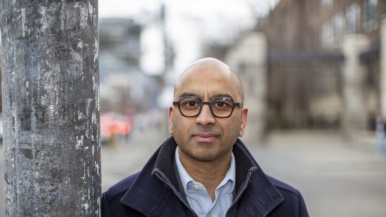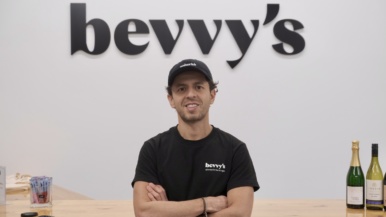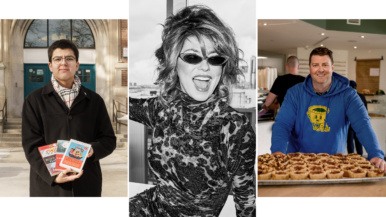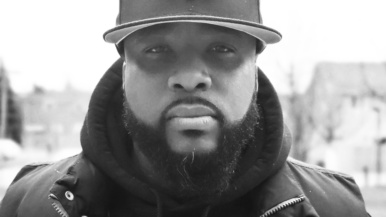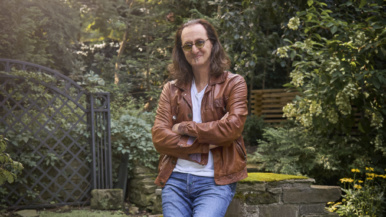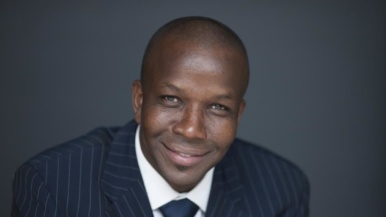Q&A: Eileen de Villa, Toronto’s medical officer of health, on dealing with Doug Ford’s cuts
Measles is back, anti-vaxxers are on the march, but she’s still optimistic

The Ford government recently announced hundreds of millions of dollars in cuts to Toronto Public Health over the coming decade. Where were you when you heard the news?
In a meeting room at city hall. The province’s chief medical officer of health called to deliver the information. It was kind of like a speech by telephone.
What was your reaction?
Surprise. This is not the way we’ve worked with the province in the past.
You’ve overseen the department’s 1,900 staff and $255-million budget for two years now. You have four degrees, including an MBA and a medical degree. Were you consulted on where cuts might make most sense?
No. If I had been, I would have said that if efficiencies need to be identified, I’m open to the possibility.
Maybe you’ll have that chance now that Queen’s Park is pulling back on retroactive cuts?
Yes, I see this as a chance to work collaboratively with the province.
Ford also intends to reduce the number of public health units from 35 to 10 across Ontario. What do those units do?
They try to improve the health status of our population, to reduce disparities in health status and to prepare for and respond to outbreaks—think of SARS, or measles outbreaks or Walkerton.
Ford wants to cut back on funding for safe-injection sites. What would that mean, in human terms?
Quite simply, a reduction in life-saving services will mean more deaths, deaths that are otherwise preventable.
A few weeks after Ford’s cuts were announced, two confirmed cases of measles popped up in Toronto. What’s your preferred coping mechanism: cry, curse, scream, other?
Luckily, I’m an optimist. You have to be in this field. It helps to realize that despite the return of diseases like measles, general health trends—life expectancy, for one—are improving. If you walked into this room 40 years ago, there would have been a haze of cigarette smoke. Public health helped change that.
The city keeps stats on anti-vaxxers in Toronto. What are they showing?
The percentage of students who declined or refused vaccines for non-medical reasons went from 0.8 per cent in the 2006–07 school year to more than double that, 1.7 per cent, in 2017–18.
What happens when Toronto’s medical officer of health sits beside an anti-vaxxer at a dinner party? How does that conversation go?
It goes very well. I’m extremely sociable! But I don’t assume I can change someone’s mind over the course of a dinner party. The conversation should happen with a trusted health care professional who can take the time to both listen and explain.
In defending his cuts, Ford called Toronto Public Health a “bastion of lefties.” Is he right?
We are non-partisan. If anything, we fall firmly on the side of the application of evidence.
Ford had an unhappy time as a councillor. Do you think the cuts are payback?
I don’t pretend to know. I haven’t had a conversation with the premier about his motivations, but I would certainly welcome the opportunity.
Your parents were both physicians—mom a cardiologist, dad an OB. Did they play a role in your career choice?
Absolutely, though they never pressured me to go into medicine. In fact, I think they were convinced I wouldn’t—so was I. I thought I might do something in law or international relations. I interned at the United Nations and realized I could combine medicine and science with international health. I knew I’d probably progress further in that world if I had a medical degree, so I applied to med school.
And you did an MBA while at medical school?
As part of my residency.
You and your husband have three sons. Do any of the boys want to follow you into medicine?
They’re 14, 16 and 17. I think one of them is considering it. I told him, as I’ve told all three, that life is short and he should do what makes him happy—though it’s nice if you feel you can go to work every day and make a difference. Medicine is one way to do that, but there are many, many others.
This interview has been edited for length and clarity.
